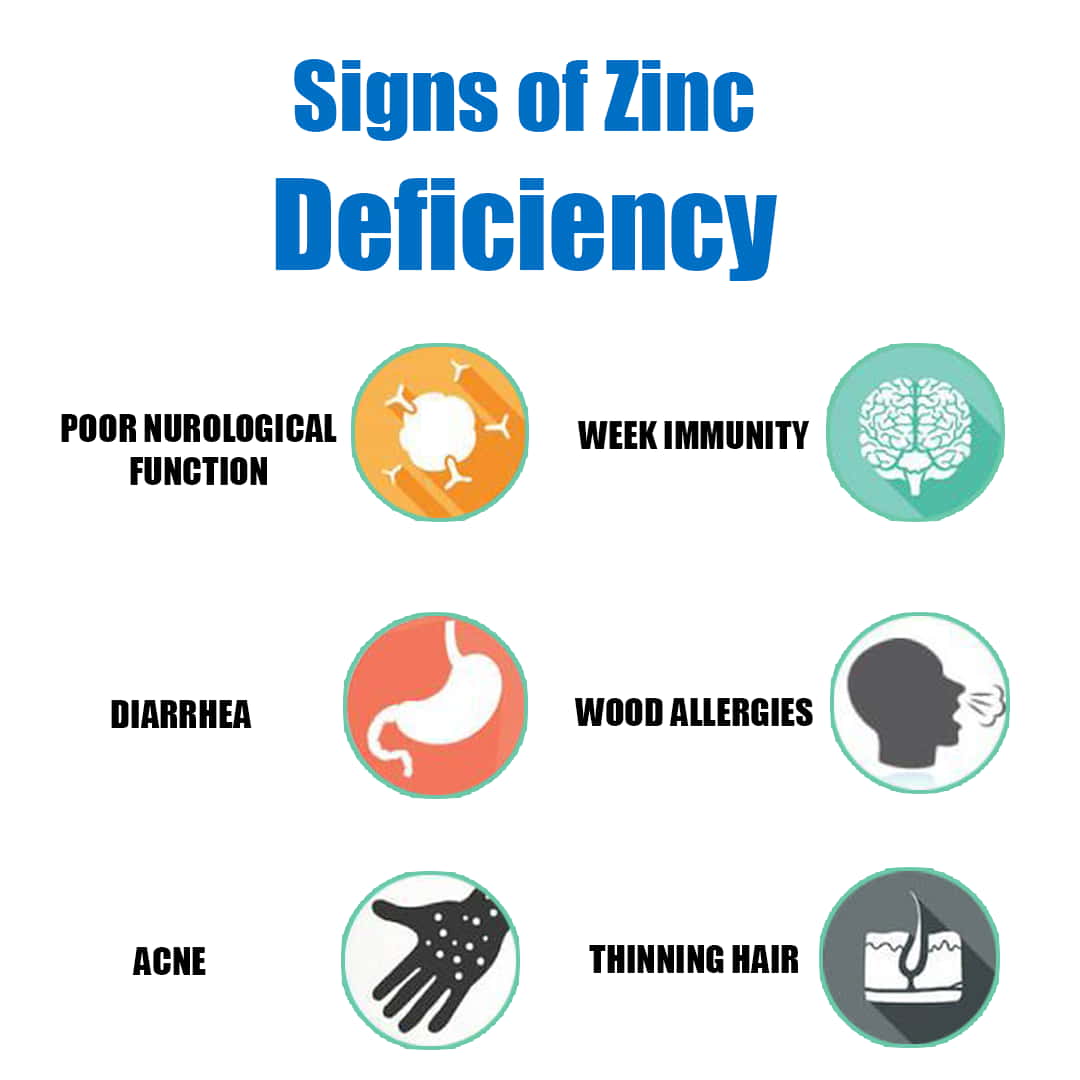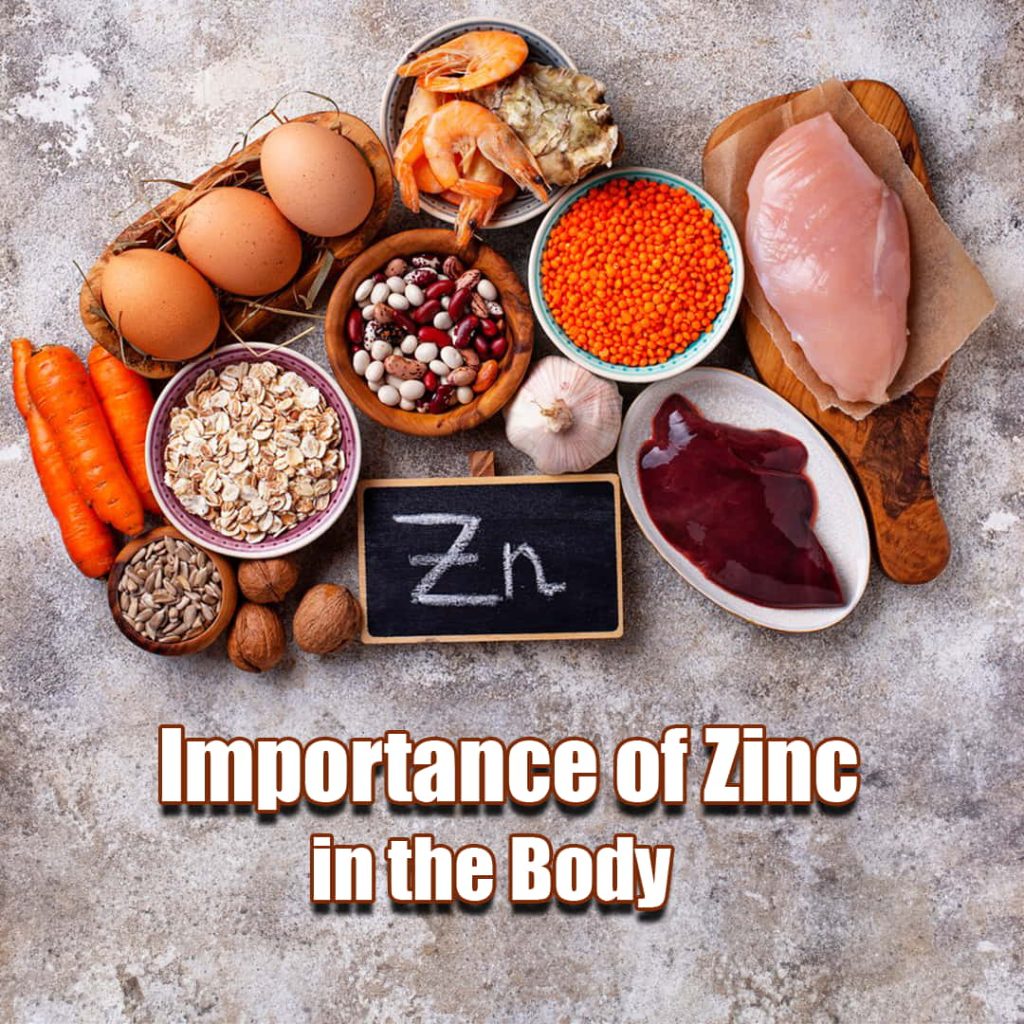Zinc is an essential mineral that is vital in various bodily functions, including immune function, wound healing, and maintaining healthy skin. While it is naturally present in certain foods like meat, nuts, and seeds, some individuals may require supplementation to meet their daily needs.
Importance of Zinc in the Body
Zinc is involved in numerous enzymatic reactions crucial for cellular metabolism and immune function. It is also necessary for DNA synthesis, protein production, and wound healing. Additionally, zinc plays a role in maintaining the senses of taste and smell.
Signs of Zinc Deficiency
Physical Symptoms
A zinc deficiency can manifest in various physical symptoms, including hair loss, delayed wound healing, and skin rashes. In severe cases, it may lead to stunted growth in children and sexual dysfunction in adults.
Impaired Immune Function
Zinc deficiency can compromise the immune system, increasing the risk of infections and illnesses. Individuals with low zinc levels may experience frequent colds, flu, or other respiratory diseases.

Benefits of Zinc Supplements
Boosting Immune System
Zinc supplements are often used to support immune function, particularly during cold and flu season. Adequate zinc levels can help reduce the severity and duration of illnesses.
Supporting Wound Healing
Zinc is crucial in wound healing by promoting cell growth and tissue repair. Supplementing with zinc may accelerate healing and reduce the risk of infection.
Improving Skin Health
Zinc is beneficial for maintaining healthy skin by regulating oil production and reducing inflammation. It is commonly used in skincare products to treat acne and other skin conditions.
Enhancing Senses
Zinc is necessary for the proper functioning of taste and smell receptors. Supplementing with zinc may help restore these senses in individuals experiencing loss of taste or smell.
Types of Zinc Supplements
Several forms of zinc supplements are available, including zinc gluconate, zinc citrate, and zinc picolinate. Each form differs in terms of bioavailability and absorption rate.
Recommended Dosage
The recommended daily allowance (RDA) for zinc varies depending on age, sex, and health status. For adults, the RDA typically ranges from 8 to 11 milligrams per day.
Best Time to Take Zinc Supplements
Zinc supplements are best taken with food to enhance absorption and minimize gastrointestinal discomfort. Avoid taking zinc supplements on an empty stomach, as this may increase the risk of nausea.
Potential Side Effects
Nausea and Digestive Issues
Some individuals may experience gastrointestinal side effects such as nausea, vomiting, or diarrhoea when taking zinc supplements, especially in high doses.
Copper Deficiency
Long-term supplementation with high doses of zinc can interfere with copper absorption, leading to copper deficiency. Symptoms of copper deficiency may include anaemia, fatigue, and neurological problems.
Interactions with Medications
Zinc supplements may interact with certain medications, including antibiotics, diuretics, and immunosuppressants. It is essential to consult a healthcare professional before starting zinc supplementation, especially if taking prescription medications.
Who Should Consider Taking Zinc Supplements
Individuals at risk of zinc deficiency include vegetarians, pregnant or breastfeeding women, older adults, and those with gastrointestinal disorders that impair nutrient absorption.
Choosing the Right Zinc Supplement
When selecting a zinc supplement, consider factors such as the form of zinc, dosage, and additional ingredients. Opt for reputable brands that undergo third-party testing for purity and potency.
How to Take Zinc Supplements
Follow the dosage instructions provided on the supplement label or as a healthcare professional recommends. Divide the daily dose into smaller doses if experiencing gastrointestinal discomfort.
Tips for Maximizing Absorption
To enhance zinc absorption, avoid consuming zinc supplements with foods high in phytates, such as whole grains and legumes, as phytates can inhibit mineral absorption.
Combining Zinc with Other Supplements
Zinc can be taken alongside vitamins and minerals, such as C and D, to support overall health and immune function. However, it is essential to avoid exceeding recommended daily intake levels.
Consulting a Healthcare Professional
Before starting any new supplement regimen, consult a healthcare professional, especially if you have underlying health conditions or are taking medications that may interact with zinc.
Conclusion
Zinc supplements can benefit individuals who may need more than sufficient amounts of this essential mineral through diet alone. Individuals can support their overall health and well-being by understanding the importance of zinc in the body, recognizing signs of deficiency, and choosing the right supplement.
Unique FAQs
Can zinc supplements help prevent COVID-19?
While zinc plays a role in immune function, there is limited evidence to support the use of zinc supplements to prevent COVID-19. Therefore, it is essential to follow public health guidelines and consult healthcare professionals for COVID-19 prevention strategies.
Are there any foods that inhibit zinc absorption?
Yes, foods high in phytates, such as whole grains, legumes, nuts, and seeds, can inhibit zinc absorption. Consuming zinc supplements separately from these foods is advisable to maximize absorption.
Can zinc supplements cause hair loss?
Zinc deficiency can contribute to hair loss, but taking zinc supplements within recommended dosage levels is unlikely to cause hair loss. Adequate zinc levels may promote healthy hair growth.
Is it safe to take zinc supplements during pregnancy?
Pregnant women should consult their healthcare provider before taking zinc supplements, as excessive intake can be harmful to the developing fetus. However, zinc supplementation may be recommended for women at risk of deficiency.
Can zinc supplements interact with medications?
Zinc supplements may interact with certain medications, including antibiotics, diuretics, and immunosuppressants. It is crucial to inform healthcare providers about all supplements and medications being taken to prevent potential interactions.
Ali, R. (2024, May 9). What To Know About Zinc Supplements. Health Link Pharmacy. https://healthlinkpharmacyllc.com/what-to-know-about-zinc-supplements/

